I wonder if anyone reads this blog? (I think people do, they just don’t always leave comments!) A blog is like a notebook or journal but in a public form unlike the many notebooks I’ve kept through the years that no one else sees. The writing is different here as there is the expectation of readers whereas all those notebooks and journals I’ve filled are written with no one else in mind but me. I’m not planning to donate them to a university archives or leave them to my partner or children.
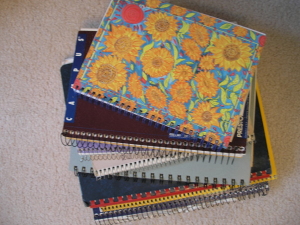 Among the notebooks are daily journals, travel diaries, many notebooks of reviews (for myself) of books I’ve read, notebooks that list books I’d like to read, visual journals with collages. I’ve got a perfect bound journal given to me by a friend in 1988 in which I describe things I’ve let go of. You’d think the book would be full as I’ve let go of many belongings since 1988 but alas, I didn’t always write about them. I think it’s a good idea though: writing about the importance of any object before letting it go. Really, it’s the memories of an object that are important rather than the object itself.
Among the notebooks are daily journals, travel diaries, many notebooks of reviews (for myself) of books I’ve read, notebooks that list books I’d like to read, visual journals with collages. I’ve got a perfect bound journal given to me by a friend in 1988 in which I describe things I’ve let go of. You’d think the book would be full as I’ve let go of many belongings since 1988 but alas, I didn’t always write about them. I think it’s a good idea though: writing about the importance of any object before letting it go. Really, it’s the memories of an object that are important rather than the object itself.
This blog may become that sort of letting-go type of journal in the weeks to come as the Chinese Year of the Ox which begins on February 11th is a Metal year. A Metal year is one that “represents a clean, pristine, even shiny environment in feng shui.” It’s time to “clear out, pare down, and simplify,” my We’Moon 2021 calendar says. I’m feeling in need of paring down. Among the things to clear out will be many handwritten notebooks and journals.
Notebooks and journals are records of our lives. We many want them when we’re unable to remember one friend told me. We also may use them to write a memoir or poetry as many poets turn to their notebooks for inspiration.
“I couldn’t live without my notebooks,” Rita Dove, who received the Pulitzer Prize in Poetry, once said. “I collect them like fetishes: my favorites are black-and-red bound notebooks that come in a variety of sizes from the People’s Republic of China.”
I wonder if Rita still uses her different notebooks at the start of each writing day, copying several entries onto a sheet of lined notebook paper “just to see how they work together.”
“Poems evolve slowly in spurts and sputters, on these college-ruled pages: a small stack of notebooks is always at the ready for browsing. For me, it all begins with a notebook: it is the well I dip into for that first clear, cool drink” wrote Rita Dove.
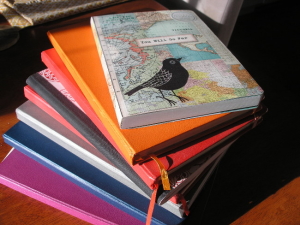 Other poets and writers keep notebooks too. Dorianne Laux in an essay entitled “Daily Doodles” says she was compelled to write from an early age as she wasn’t allowed to speak in the presence of her physically and sexually abusive father.
Other poets and writers keep notebooks too. Dorianne Laux in an essay entitled “Daily Doodles” says she was compelled to write from an early age as she wasn’t allowed to speak in the presence of her physically and sexually abusive father.
In looking back into one of her old journals, Dorianne realized: “There I was, a voice speaking to itself, a mind revealing itself to itself, a person coming into the world. I see now that I wrote to understand who I was, to become a witness to my life and to capture, without benefit of a camera, a certain slant of light.” (from Writers and Their Notebooks edited by Diana M. Raab, University of South Carolina Press, 2010)
Dorianne has students in her M.F.A. workshop keep a journal. No one will read what they’ve written but they’re required to write for an hour each day.
In the January/February 2021 “inspiration issue” of Poets & Writers magazine, some writers have described “the smudge and the scrawl” of their notebooks. Aimee Nezhukumatahil, author of four poetry collections and an essay collection, says “I worry that in this age of multitasking we forget what it means to look, really look, at something and to not rely on electricity or batteries to record it. Journaling helps me hold these moments like a hand pressed to my heart.”
In the image that is shown of Aimee’s journal, she has noted that Toni Morrison has passed away and there are “the earliest lines of what would be a poem, also a year later, that started with the mystery of not knowing how whale sharks give birth. Without this record of what I questioned and watercolored, I would have surely missed this sorrow and curiosity. I would have missed all this wonder.”
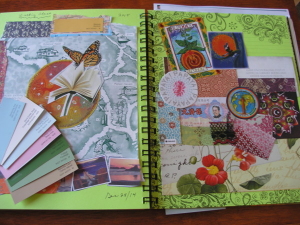 It was my Great Aunt Cec (pronounced “cease”) who kept scrapbooks and journals of her travels. That would have been where I first saw collections of such ephemera. I love to keep such mementoes myself, reflecting back on travel or even a daily excursion by creating a collage in a sketchbook or journal.
It was my Great Aunt Cec (pronounced “cease”) who kept scrapbooks and journals of her travels. That would have been where I first saw collections of such ephemera. I love to keep such mementoes myself, reflecting back on travel or even a daily excursion by creating a collage in a sketchbook or journal.
In the Poets & Writers feature, another poet, Mark Wunderlich, says: “My notebooks are also collections of ephemera – postcards, museum tickets – and these pin my work to a specific place and time. He writes in his own library with its sixteen-foot ceiling where he uses a ladder to access the upper shelves. His poetry books are behind him so he can reach back or climb the ladder to get what he wants. “And so this room is a place in which the poems I write and the poems I read and love are in a kind of sustained and ongoing dialogue.”
Mark also mentions binders where he keeps drafts of poems. Yes, I also have shelves of binders but that’s another topic for another day. Something else to let go of.
Novelist and short story writer Samantha Hunt says: “Everything I write starts in a notebook. Computers are nonprivate spaces, and I need to feel alone in order to think and write.” Samantha keeps her notebooks all together in one bookcase. “I like the thought of them mingling at night. When I return to thoughts recorded decades earlier, I’m surprised to find that my obsessions have changed little over the years.”
Samantha also notes someone who died: “September 2003: Johnny Cash died today.”
“A computer could never contain the sense of texture and treasure found in a notebook,” she says.
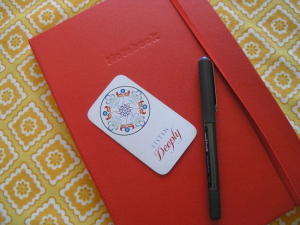 When I’m listening to a writer speak about their work such as Lorna Crozier or Gregory Scofield giving the Ralph Gustafson lecture at Vancouver Island University, I make notes. I even make notes if I’m watching a video of a writer being interviewed or during a podcast such as Padraig O’Tuama reading a poem. (It was one of Padraig’s podcasts that introduced me to the work of Aimee Nezhukumatahil.)
When I’m listening to a writer speak about their work such as Lorna Crozier or Gregory Scofield giving the Ralph Gustafson lecture at Vancouver Island University, I make notes. I even make notes if I’m watching a video of a writer being interviewed or during a podcast such as Padraig O’Tuama reading a poem. (It was one of Padraig’s podcasts that introduced me to the work of Aimee Nezhukumatahil.)
Because I consider myself a kinesthetic learner with a need to keep a pen moving as I listen, it was interesting to read Kay Ryan’s essay entitled “Notes on the Danger of Notebooks” (from Synthesizing Gravity: Selected Prose, Grove Press, 2020)
“You don’t have to worry so much about them [memories], in other words. And you will find that you experience a new availability of energy when you give up trying to preserve what preserves itself. You are relieved of a false and debilitating humility and can enter into a roomier frustration, a more generous appreciation of loss.”
An intriguing take on the subject, don’t you think?
Kay Ryan says: “I think we should try to do something, try to make something new, try very hard to write a poem, say; desire very much to articulate something that doesn’t yet exist, something we don’t yet know; try so hard that currents are created in the electric broth of what is not lost but not kept either, currents which draw to the mind the bits of the not-lost and not-kept that join together through the application of great mental force, extreme mental force, in some new and inevitable sequence appropriate to the new realm of the neither lost nor kept. It is incredibly stable when done right.”
“Remembering is not the negative of forgetting. Remembering is a form of forgetting,” Milan Kundera says, as quoted in Kay Ryan’s essay.
Forgetting
Kay Ryan
Forgetting takes space.
Forgotten matters displace
as much anything else as
anything else. We must
skirt unlabeled crates
as though it made sense
and take them when we go
to other states.
As compelling as Kay Ryan’s opinions are, I am still fascinated by writers keeping notebooks and by those that have been published such as by Anais Nin and Virginia Woolf.
Joan Didion wrote an essay entitled “On Keeping a Notebook” and Brain Pickings featured excepts from it. Beware, looking will lead to read more about writers and their notebooks. Here’s a link to the article.
I like to keep records and that’s what many of my notebooks are. Records for whom I wonder? Do I have a need to look back at my reflections, lists, beginnings of poems? Dreams perhaps are useful to look back at if I want to work with them whether to analyze or write a poem. Mostly though, I’m not sure that I want to look back unless I think I’ll end up with a memoir like Sei Shonagaon’s Pillow Book in which the tenth-century Japanese “court lady” who lived in the Heian era, wrote of her likes, dislikes, events as well as lists of “Embarrassing Things” for example.
It’s the fact that all the journals and notebooks take up so much physical space in boxes and on shelves that has me wanting to shred, compost and/or burn. And to blog!
I will continue to write for myself as I have since I learned to write. It’s the writing I do in the moment that has the most value to me rather than the looking back. If I’m to let any of those old journals go, there may be some dipping in to lift a line for a poem.

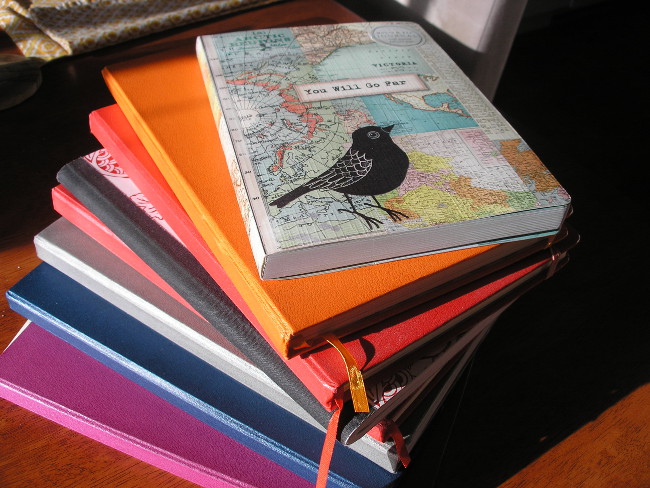
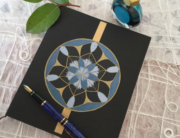
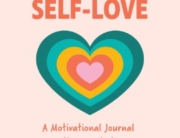
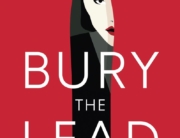
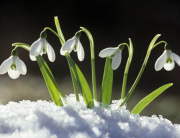

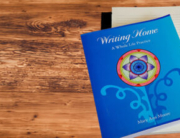





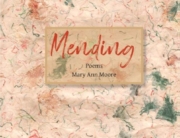

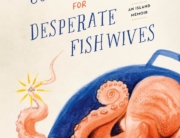
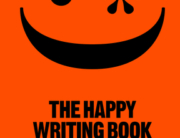


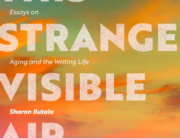

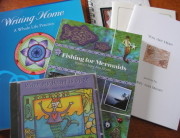
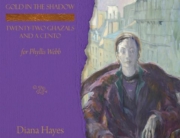


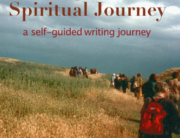



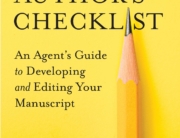
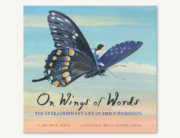
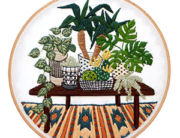
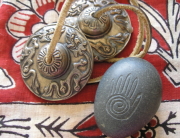
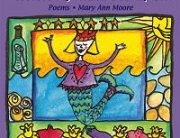
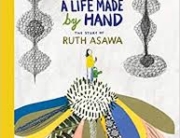
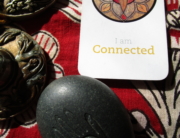
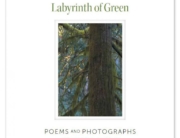





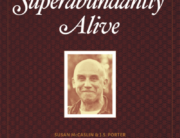
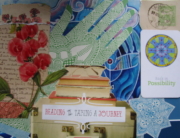
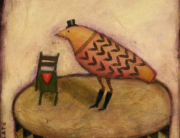


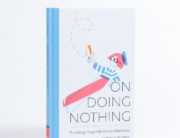


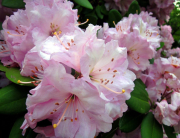
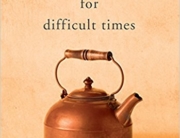

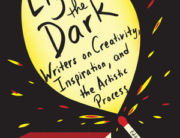
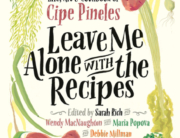
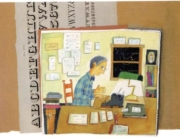
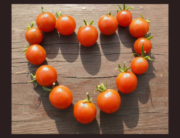



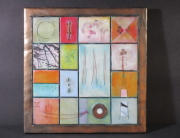
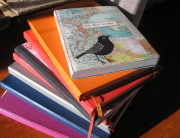
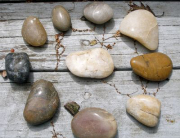

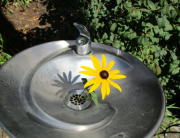
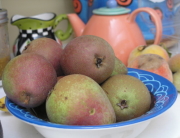
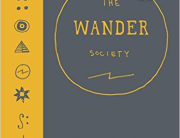

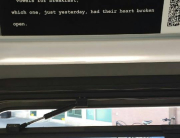



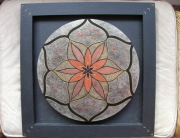

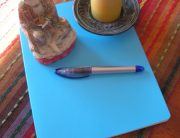


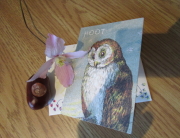


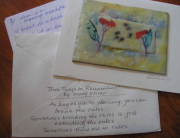
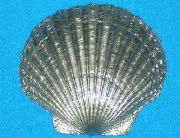

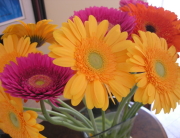

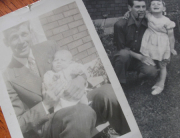
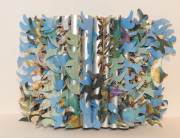




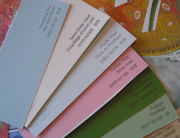

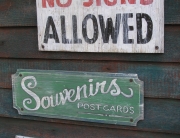
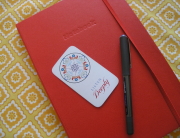
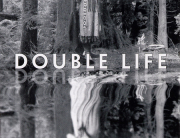


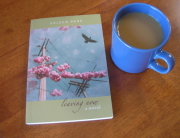

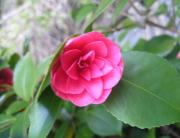




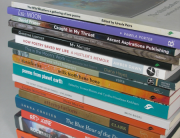

Thank you for this timely offering, as I have been spending this month releasing and purging household items in preparation to move. I have been feeling stuck around what to do with the piles of notebooks and journals I’ve carried with me over the years, decades even.
A joyful little backyard fire feels fitting to release the old and welcome in a new, shiny, expansive year. 🙂
Burning and releasing sounds like a good idea to me Leigh!
I read your blog, Mary Ann, and I love it. Thanks for the reminder to comment!
Thank you for reading and commenting Ursula. I’m glad you love it!
Thank you Mary Anne. It is important to know that you are writing your thoughts and feelings down on your blog.
You’re welcome Janet and thank you for your comments.
Yes, your notion of having ‘lurking’ readers is valid indeedy! I’m one who always reads your blog, MAM, yet only occasionally comments. The latter diffidence is down to winter blahs and even to forgetfulness, yet mainly because I like to let the seeds in your words germinate gently in me.These seeds tend to sprout in my own notebooks, journaling as I do upon ‘sticky’ thoughts and points that wake me up.
Although not a writer as such, not a poet as such, I’m nonetheless a woman who journals a lot. My writing practice is just for me. It’s self-reflective, to explore and unmask, always to nurture transformation within that can flower without. As a reactive vs a creative scribbler, I fill notebooks with dreamwork and active imagination. I respond fully to prompts in courses in spiritual growth, like befriending my Shadow figures in the here and now. At times, I toss old notes once the work takes effect.
As for notebooks packed into shelves and boxes, oh yeah!!! When we downsized to shift cities over seven years ago, I DID throw out decades’ worth of old scribblings. I have not missed any of them. If it’s time to let go of those accumulated since then,intuition will tell me what to release and what to keep. (Better tell the kids not to worry about tossing the works when I’ve moved on.)
So, you see, MAM, a blogger who writes for the potential benefit of others, and as evocatively as thou, is a hero and a mentor to me, whether or not I say a word. A pledge: will do me best to offer a THANKS each time henceforth. You so deserve that.
hugs and high-fives and THANKS,
~ mcwp
Honoured to be your hero and mentor MCWP! Hugs and high fives back to you.
Yes, I read your excellent blog! I also have a (locked) trunk full of journals – couldn’t write my memoirs without them.
Thanks Elaine!
I read it and enjoyed it, too, Mary Ann. Because of our lower main floor renovations we had to clear our bookshelves, even had to throw one out, and so putting them back together, we have a good (great) excuse to winnow out what we don’t want or need. That task for both of us is long, long overdue, and now you have given me the impetus that I so need during these weird days of Covid blurriness.
Winnowing sounds good Diana!
Have read your blog, will continue to follow as your thoughts and experiences, like your writing circles, inspire and provide motivation
Thanks for writing Maryannmoore!
I remember the cards you gave at.class!
Keep going!
Thank you Carolyn!
I keep journals and have done for a number of years. My journals have accompanied me in my move from Alberta to BC. When I was packing to move, I considered leaving them behind. Something bade me look into the journals. I found thoughts, opinions, sketches, weather reports, world events, stories, poems, and notes to my nieces and nephews, should they happen to read them. I realized that more than memories and processing, journals are a window into the experience that defines us. They don’t hold me in my past but cheer me in my present. Currently my journals record Covid numbers, weather, writing circle responses, plans for travel, etc. At some point in the future I know I must consider letting go physically of all these journals lest they overtake all my living space. For now I’ll content myself with knowing they are safely stored in plastic totes, on bookshelves, and beside the bed. In this Covid quiet they are my safe friends.
Thank you Mary Ann for a thought provoking blog. I always appreciate the links to more articles to read! MJ
“A window into the experience that defines us.” I like that MJ! Also, how your journals cheer you in your present. It’s good then that you moved them with you. I moved boxes of journals across the country too.
Dear girl, not only do I read your lovely blog, I keep it and read it several times more before deleting.
You are like a breath of air, fresh and unlike my usual company, you reveal the working of your
artistic bent, and enthrall. Bless you, and please keep on and be assured there is unspoken
appreciation for your poetic heart. Big hugs, stay safe, and all will be well, all will be well, and
all manner of things will be well. Thank-you. love, Ann—x
Thank you Ann, you made my day! And thanks for the Juliana of Norwich quote. We need to be reminded of it these days.
I love your blog, Mary Ann, and am always thrilled when it arrives in my in box. Thank you for sharing your thoughts, wisdom, and literary inspirations with readers. xo
Thank you Rosemary. So happy to hear it! xo
I stumbled on this post today and can feel the inspiration flowing back into my heart and hands! Thank you for this blessing and the reminder of what really makes me tick. One day I heard a critics voice and just stopped what was so valuable for so many years. Grief is a process that helped me re-dial what I lost, and pick up my notebook again.
Thank you for your comments Susan. I had looked back to this post just yesterday as I’m writing another blog about diaries, notebooks and poetry. Yes, please do pick up your notebook again and send those critics off to do other jobs. I’m happy to make this connection with you.